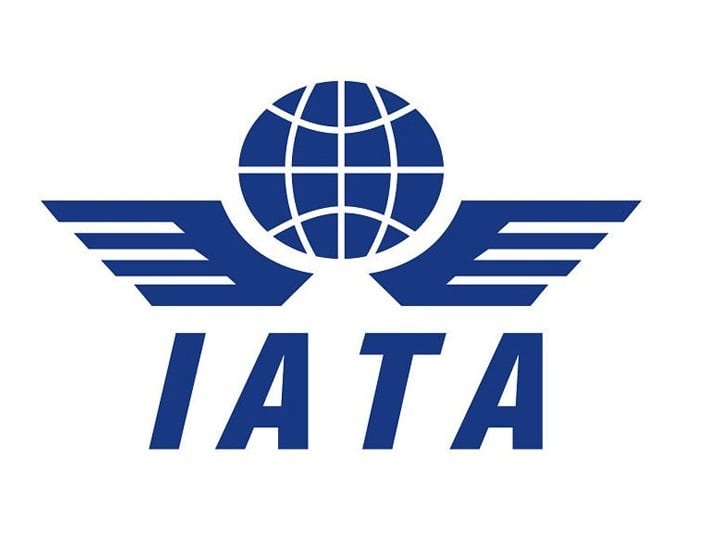The International Air Transport Association (IATA) has disclosed that governments around the world provided $160 billion in COVID-19 support, but Nigeria is missing.
The N21bn palliative approved for the industry under the Economic Sustainability Programme is yet to be disbursed, Daily Trust reports.
- Border closure, quarantines affecting air travel – IATA
- African air traffic dips by 98% as IATA projects recovery by 2024
An operator said, “As at today, what we have received is zero support.
“We are still expectant with the N21bn (about $45m) approved for the sector even though it is too meagre to cover a fraction of the loss incurred because of the COVID-19.”
Daily Trust reports that airlines resumed domestic flights in July after over three months of shutdown due to the COVID-19 pandemic.
The association, however, warned in a report that the airline industry will burn through $77bn in cash during the second half of 2020 (almost $13bn/month or $300,000 per minute), despite the restart of operations.
The report said the slow recovery in air travel will see the airline industry continue to burn through cash at an average rate of $5 to $6bn per month in 2021.
IATA’s Director General and CEO, Alexandre de Juniac, said, “To date, governments around the world have provided $160 billion in support, including direct aid, wage subsidies, corporate tax relief, and specific industry tax relief including fuel taxes.
“We are grateful for this support which is aimed at ensuring that the air transport industry remains viable and ready to reconnect the economies and support millions of jobs in travel and tourism.
“But the crisis is deeper and longer than any of us could have imagined. And the initial support programmes are running out.”




